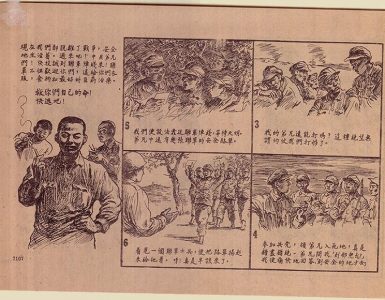 The widespread use of broadband connection wireless devices, from smartphones to Internet keys, has highlighted the ISPs’ need to turn to rational data traffic management techniques to solve problems of congestion on mobile networks.
The widespread use of broadband connection wireless devices, from smartphones to Internet keys, has highlighted the ISPs’ need to turn to rational data traffic management techniques to solve problems of congestion on mobile networks.
In fact, the level of network congestion is constantly rising. In the first quarter of 2010, 3G data traffic reached a level of 24,743 terabytes, which was 101% more than the same period the previous year.
Clearly the quantity of network resources used by each customer varies in relation to the different services offered by each particular mobile network. Of the various applications, file sharing with p2p technology and VoIP calls, such as for example those made with Skype, have been identified as those activities which make the greatest drain on network resources.
Therefore to avoid network congestion, several mobile operators have introduced new techniques aimed at limiting access to P2P and VoIP services to their own customers who are obliged to pay for these particular services, whereas other operators still allow their customers free access to these services. These different approaches have modified the traditional ecosystem of the network, effectively creating preferential access to the resources and modifying the main economic players’ traditional ways of interacting.
The Italian Communication Regulatory Authority (AGCOM) has recently published an investigation into these aspects, which in line with what has already been produced by other national Regulatory Authorities, analyzes different aspects of traffic management from the view point of safeguarding competition and the consumer and of the principles of neutrality and freedom of the network.
In the last few days public consultation of the AGCOM investigation has started with the aim of obtaining further evaluations and information from stakeholders regarding the new technical and commercial approaches which affect the principle of net neutrality, the organizational make up of the sector, safeguards for consumer protection and, more generally, possible future regulatory actions.
Among the aspects which have already emerged as priorities in the international debate are transparency of information and the definition of instruments for safeguarding the consumer, who must be able to make his choices in full awareness when using VoIP and P2P mobile services and more in general, when using new mobile services.
However, it has also emerged from the investigation that operators also have potential problems with VoIP. In fact VoIP mobile uses Internet Protocol which makes it possible to make voice calls through terminals where software provided by the net operators has been installed (so-called VoIP managed), or which has been provided by independent content providers (so-called VoIP unmanaged), such as Skype for example.
Yet, the entry of third party content providers risks having a negative impact on operators’ turnover in that the availability of mobile VoIP services allows the end user to substitute traditional voice and text services with data networks.
AGCOM aims to identify the forms and methods that regulatory actions might take through the use of public consultation, in compliance with the principle of adequacy, necessity and the close connection between the action and the final aims.













Add comment